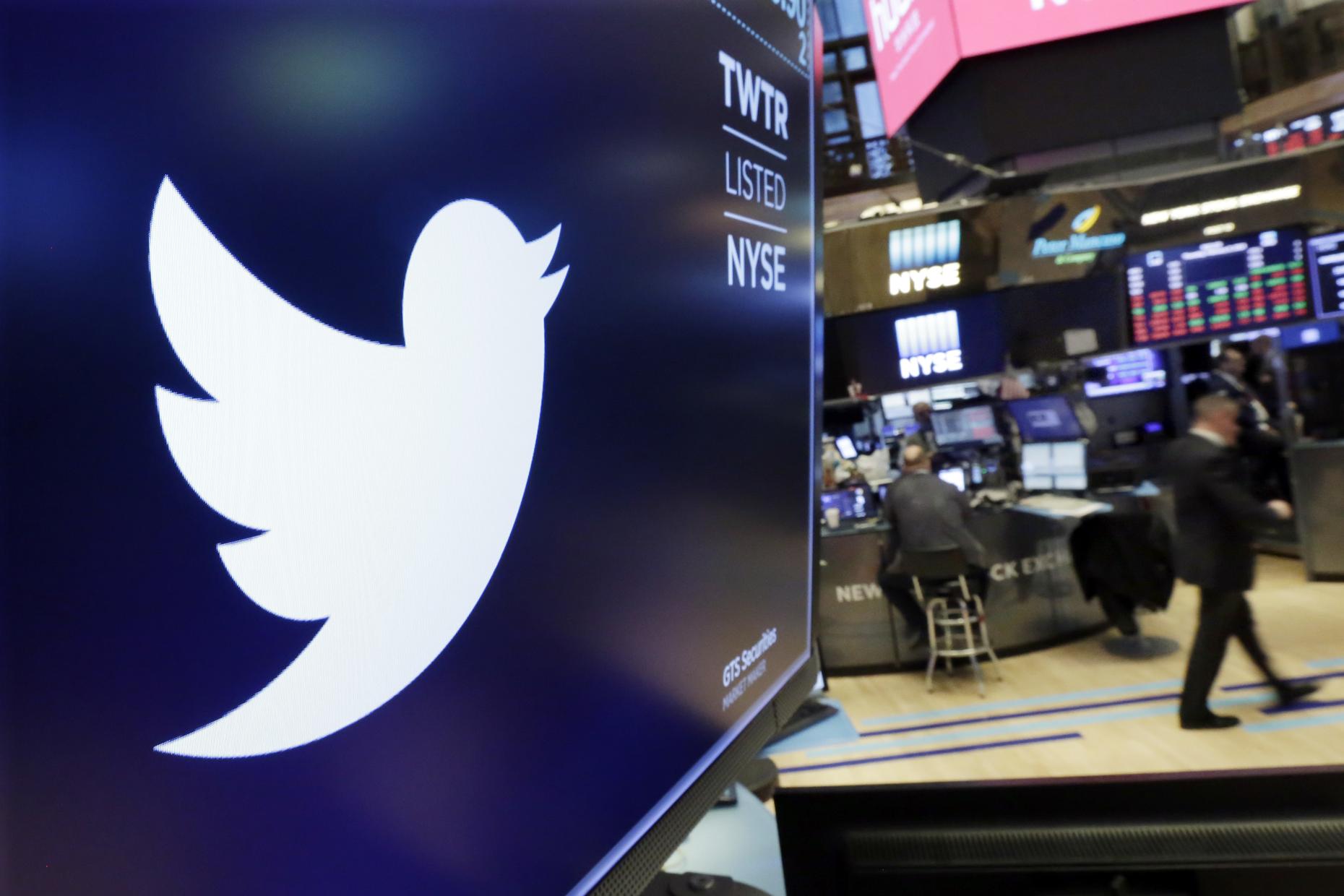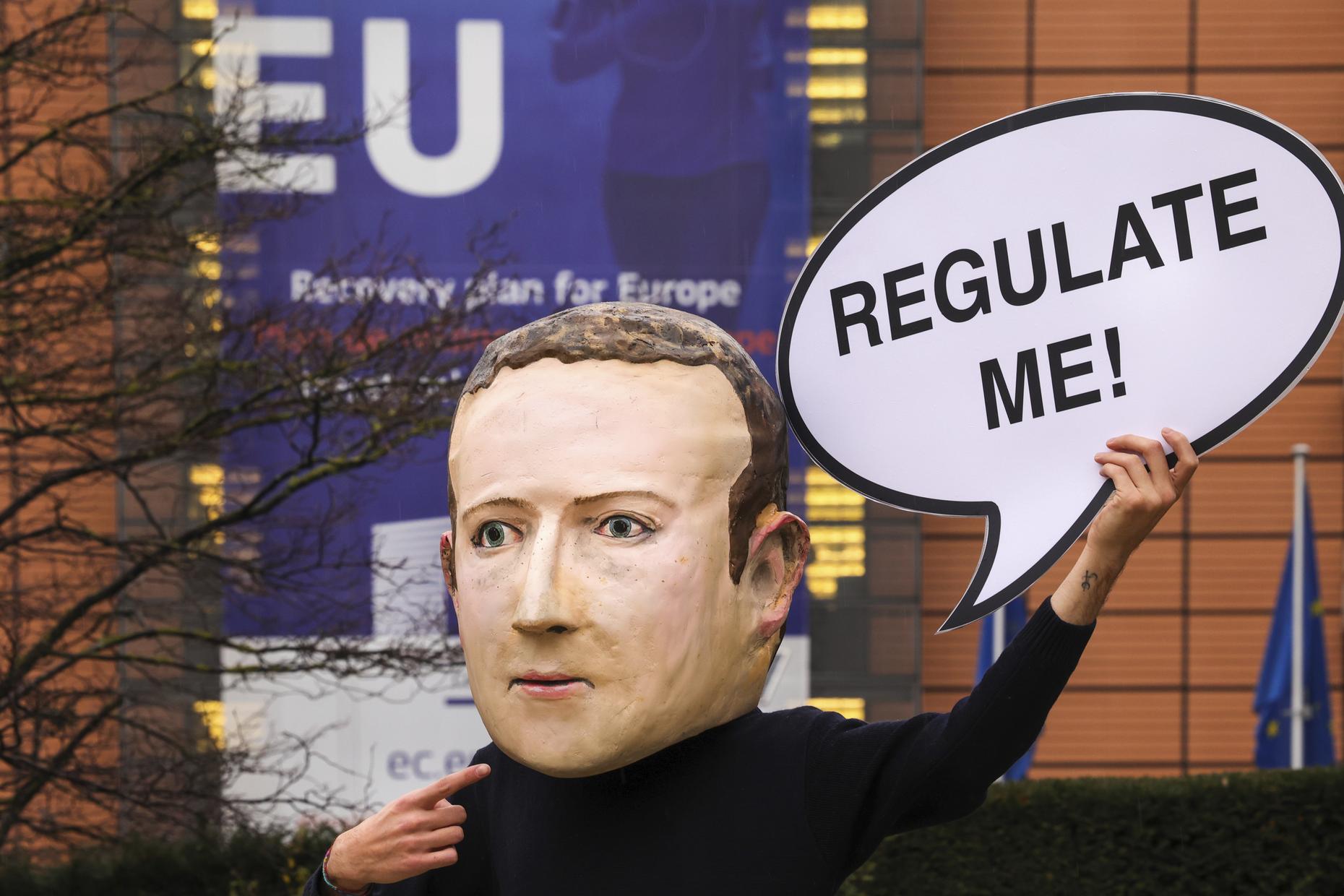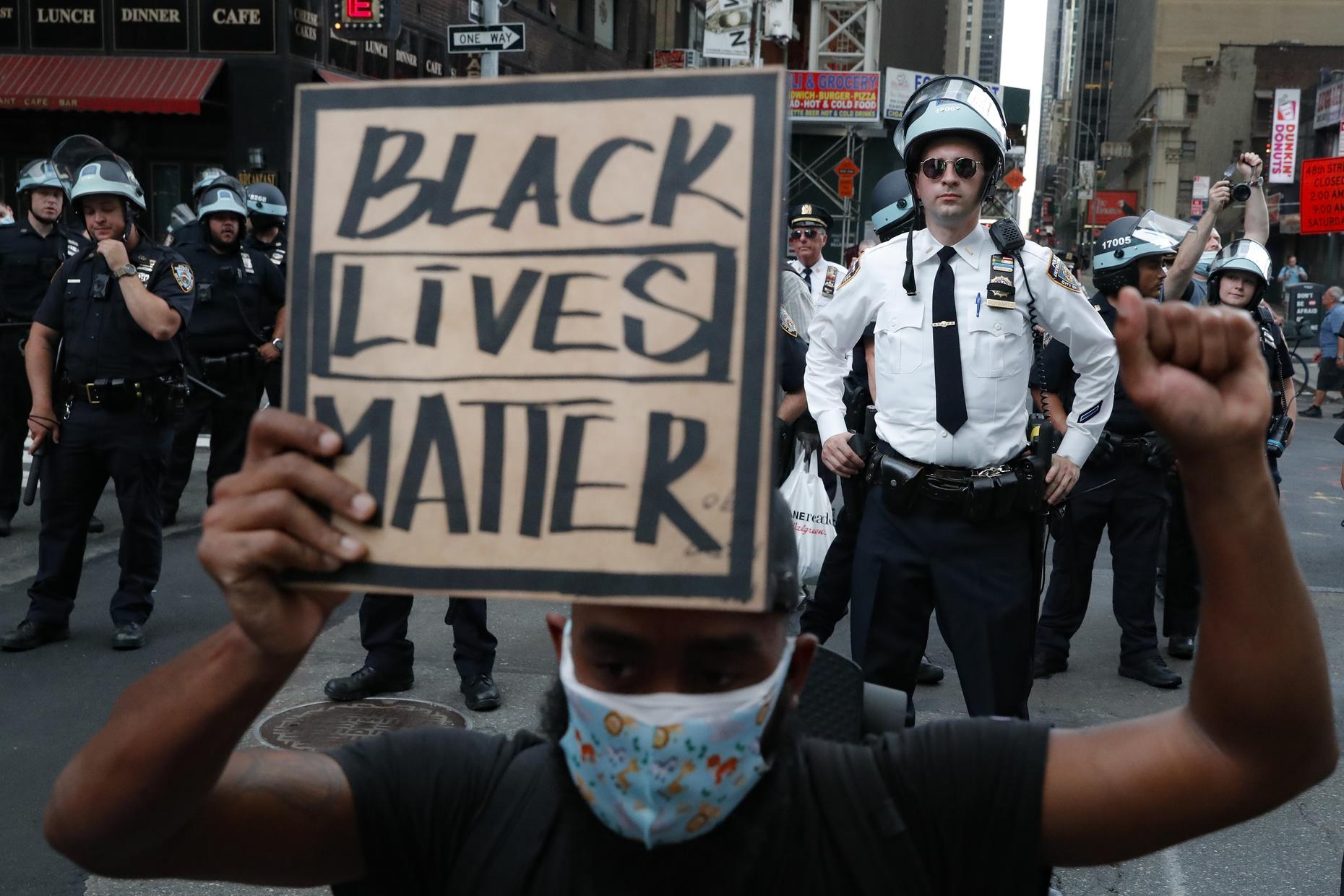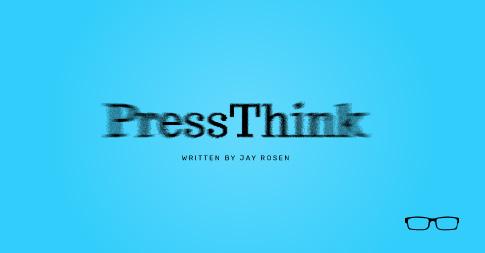An OTM error in "Who Owns the Future?" No, Google did not exit social media in 2014
In an otherwise excellent programme, and her own otherwise insightful commentary, OTM guest Dina Srinivasan incorrectly comments that Google "exited social media" in 2014. This is not true, nor does it reflect Facebook's perceptions at the time by available evidence, though Facebook was very much the dominant online social network by 2014. The assertion mars Srinivasan's analysis.
Reading a prepublication draft of "The Antitrust Case Against Facebook" at SSRN, the claim seems to centre on one of several former Google social networking offerings, Orkut:
By 2014, competitors had exited the market, Google’s competitive offering Orkut shut down,76 and Facebook’s monopoly was complete ...
(p. 23)
The statement is true as far as it goes: Google social media platform Orkut was shuttered on September 30, 2014. However it was by the time quite marginal, having peak appeal in Brazil, and claiming 66 million users (by unknown qualification) as of 2011.
The problem with Srinivasan's claim is that Orkut was not, and is not, Google's only social media offering. Others include Google Buzz (shuttered October 14, 2011), Google Wave (shuttered August 2010, spun off to the ... now discontinued ... Free Software project Apache Wave), Google+ (launched June 2011, shuttered April 2019), and YouTube (extant). As the public is becoming aware, Google enters, and exits, product niches with some frequency. It's become something of a bitter joke in the tech community. See https://killedbygoogle.com or the tech discussion site Hacker News where new Google product announcements are largely met with collective yawns and the evergreen question "when will Google shut this down?"
As of 2014, Google+ was very much positioned as a Facebook competitor:
Another Try by Google to Take On Facebook by Claire Cain Miller, June 28, 2011
Google has tried several times, without much success, to take on Facebook and master social networking. Now it is making its biggest effort yet.
On Tuesday, Google introduced a social networking service called the Google+ project — which happens to look a lot like Facebook.
And Facebook appears to have taken the threat seriously. From Wired (which also cites Srinivasan extensively):
The most revealing insight comes from the summer of 2011, when the company was gearing up to fend off the threat of Google’s rival platform, Google+. The complaint quotes an email in which Facebook COO Sheryl Sandberg wrote, “For the first time, we have real competition and consumers have real choice … we will have to be better to win.” At the time, Facebook had been planning to remove users’ ability to untag themselves in photos. One unnamed executive suggested pumping the brakes. “If ever there was a time to AVOID controversy, it would be when the world is comparing our offerings to G+,” they wrote. Better, they suggested, to save such changes “until the direct competitive comparisons begin to die down.” This is close to a smoking gun: evidence that, as Srinivasan hypothesized, Facebook preserves user privacy when it fears competition and degrades privacy when it doesn’t.
"The Smoking Gun in the Facebook Antitrust Case"
Gilad Edelman, 12.09.2020 07:42 PM
There's also ex-FB exec Antonio García Martínez's 2016 account:
"How Mark Zuckerberg Led Facebook's War to Crush Google Plus" by Antonio García Martínez, June 3, 2016
Google Plus was Google finally taking note of Facebook and confronting the company head-on, rather than via cloak-and-dagger recruitment shenanigans and catty disses at tech conferences. It hit Facebook like a bomb. Zuck took it as an existential threat comparable to the Soviets’ placing nukes in Cuba in 1962. Google Plus was the great enemy’s sally into our own hemisphere, and it gripped Zuck like nothing else. He declared “Lockdown,” the first and only one during my time there. As was duly explained to the more recent employees, Lockdown was a state of war that dated to Facebook’s earliest days, when no one could leave the building while the company confronted some threat, either competitive or technical.
Mind: despite being a very active user, I'll be the first to admit that Google+ had its limitations, including reach and uptake by the public. Google+ could claim a large number of user profiles, literally billions, as through about 2016, every new Gmail or Android user was automatically registered with the service, totaling about 3.5 billion profiles. Google were immensely cagey about just how many of these were actively using the site, offering statistics which were openly scoffed at in the press. I realised that a measurement was in fact possible, and determined that only 9% of users ever posted publicly to the service, and 0.16% (about 4--6 million) had a public post within the preceeding month. This is NOT the industry standard measure of monthly or daily "active users" (MUA, DAU), but does give a strong indication of activity.
https://ello.co/dredmorbius/post/naya9wqdemiovuvwvoyquq
(Yes, I am the king of underutilised social media services.)
Independently corroborated (on a 10x larger sample) by online marketing consultancy Stone Temple (now Perficient): https://blogs.perficient.com/2015/04/14/real-numbers-for-the-activity-on-google-plus/
Four million active users ain't nothin'. But it's extraordinarily small stakes in the online world, where mainstream services boast user counts in the hundreds of millions to billions (430m MAU for Reddit, 2 billion at YouTube, 186 million Twitter, 2.4 billion Facebook), with some 3.4 billion users worldwide. Even allowing for lurkers, Google+ active users were likely in the 10--100m range maximum.
Arguably the largest current Google social media offering, however, is YouTube, claiming 2 billion MUA in 2019, and the second most visited website worldwide overall, following Google Web Search. Facebook is number 6, and spots 3--5 are all Chinese.
Adapted from an email to OTM regarding the error.
#OnTheMedia #DinaSrinivasan #SocialMedia #Google #GooglePlus #SocialMedia #Monopoly











